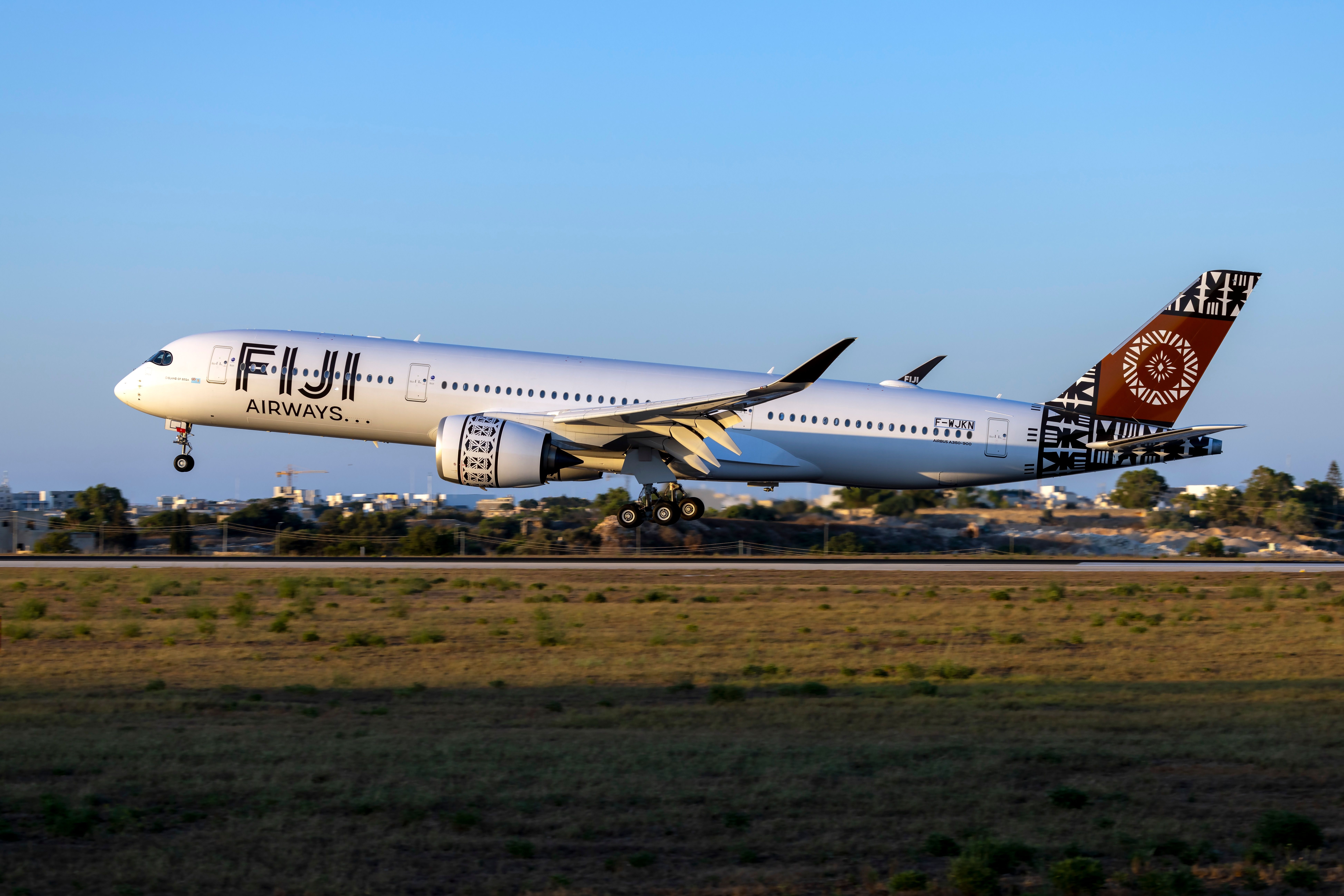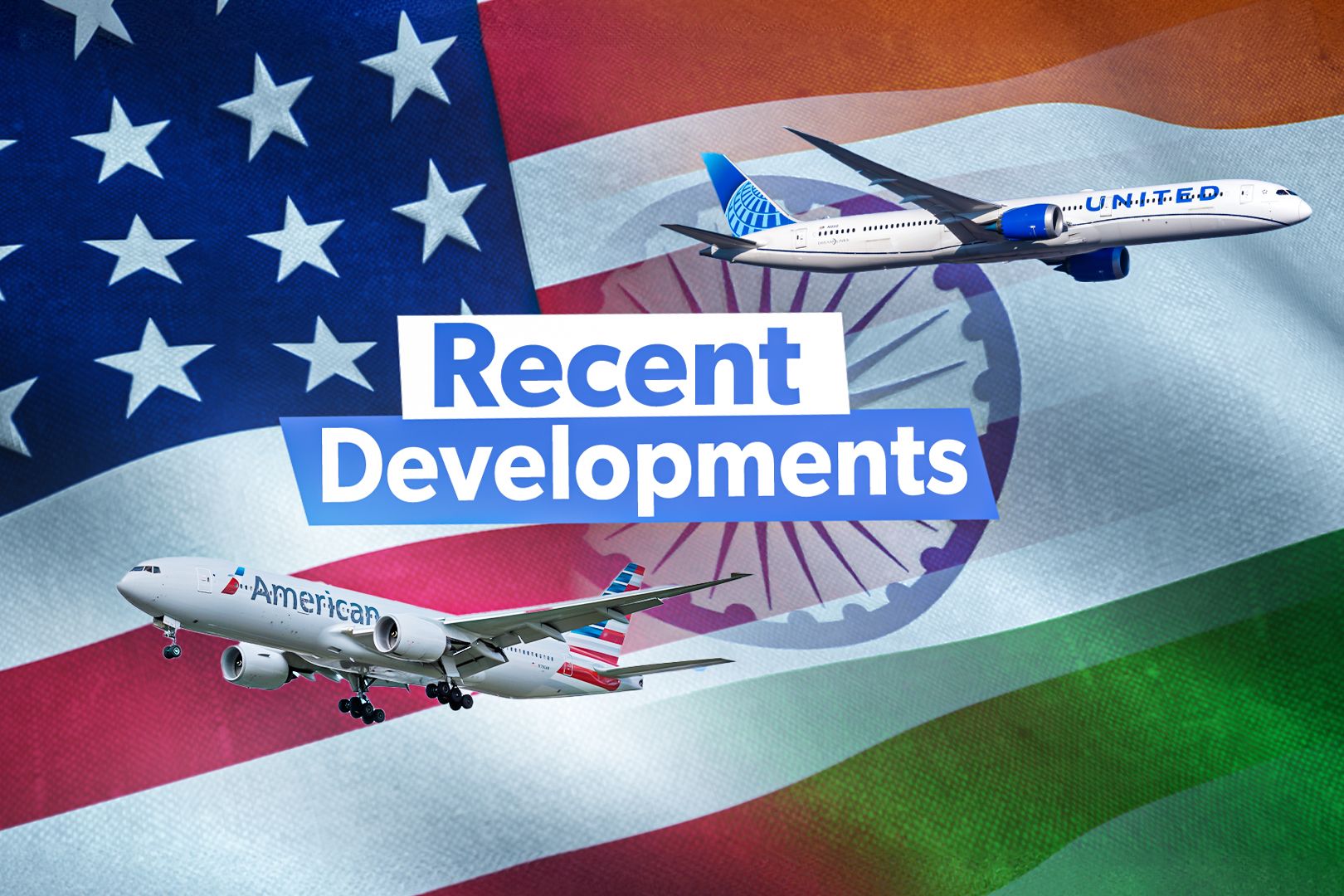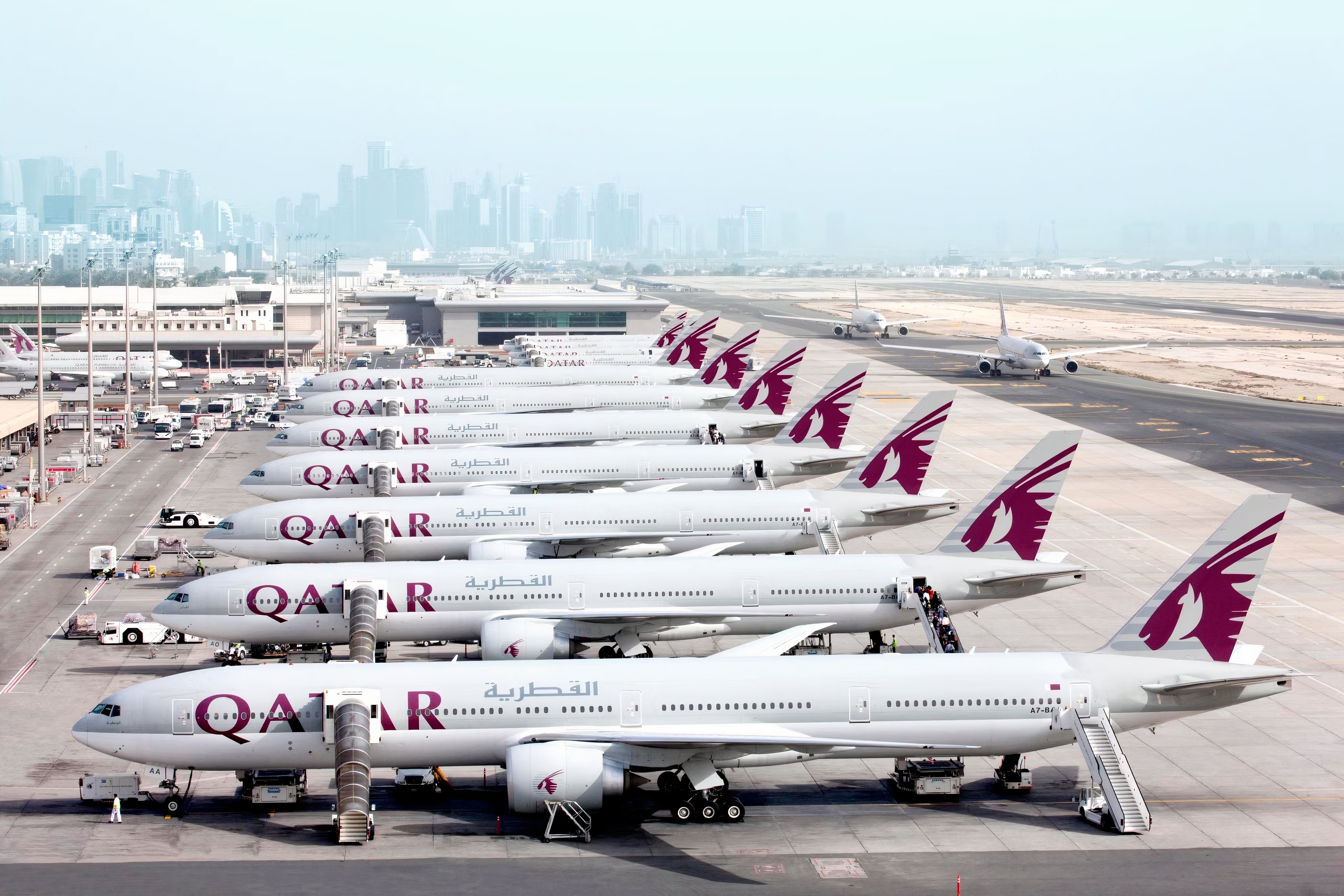Beijing has told Hong Kong-based foreign consular officials to seek approval from the Chinese authorities 10 days in advance before they pay any business visits to the Greater Bay Area (GBA) – including Macau and cities in Guangdong – according to a letter obtained by HKFP. The letter from the Commissioner’s Office of China Foreign Ministry in the Hong Kong SAR, dated August 1, stated that – if any foreign consular official needed to perform official duties “outside their consular districts within GBA,” they should obtain “prior consent.” To seek consent, the consulates will need send a note to the Chinese authorities explaining the reason for the business trips, the personnel, times and venues involved, and any “department” that foreign officials plan to visit, according to the letter.
People familiar with the matter at three separate consulates in Hong Kong confirmed the letter with HKFP, saying it was a new measure aimed at regulating consular activities. Mandy, a senior staff at a local consulate who only offered a pseudonym, told HKFP that – currently – foreign consular officials can enter Macau with their diplomatic passports or Consular Corps Identity Card issued by the Hong Kong government. “Many consulates in Hong Kong also oversee Macau, and therefore we need go to Macau from time to time.

And we also visit Shenzhen, Guangzhou, or other cities in Guangdong province to attend activities like opening ceremonies, or for visiting businesspeople from the country of our consulate,” she said, “Like other foreigners, consular officials need to apply for Chinese work visas, and it takes few days.” HKFP reached out to the Commissioner’s Office of China Foreign Ministry in Hong Kong for comment, but received no response to multiple emails and calls. HKFP also reached out to the Protocol Division and Constitutional and Mainland Affairs Bureau, but a spokesperson referred HKFP back to the Chinese Foreign Ministry in Hong Kong.
Mandy said the new measure raised concerns over whether, and why, applications to visit Macau and Guangdong province could be rejected by the Chinese authorities: “Besides, we’re required to share details of our trips, but we can’t be sure whether the parties we’re visiting feel comfortable being identified by Chinese authorities,” Mandy added. Citing the Vienna Convention on Consular Relations, the letter highlights Article 6, which says: “A consular officer may, in special circumstances, with the consent of the receiving State, exercise his functions outside his consular district.” The letter stipulates that an application should be submitted to the Foreign Affairs Office of People’s Government of Guangdong or the Commissioner’s Office of China Foreign Ministry in Macau.
Last September, the Commissioner’s Office of China’s Foreign Ministry told all consulates in Hong Kong to pass on the job titles, residential addresses and identification details of all locally-employed staff in Hong Kong. A letter – reported exclusively by HKFP – was sent by the Hong Kong government at the request of the commissioner’s office. It gave each mission until October 18, 2023 to submit the details in an attached form.
The form collected locally-engaged staff members’ names, job titles, employment commencement date, residential address, permanent residency status, identity card number or passport, nationality, visa details and required a copy of the ID documents. Mandy said that, as far as she understood, not all foreign consulates in Hong Kong complied with the request. Support HKFP | Policies & Ethics | Error/typo? | Contact Us | Newsletter | Transparency & Annual Report | Apps Help safeguard press freedom & keep HKFP free for all readers by supporting our team.



















